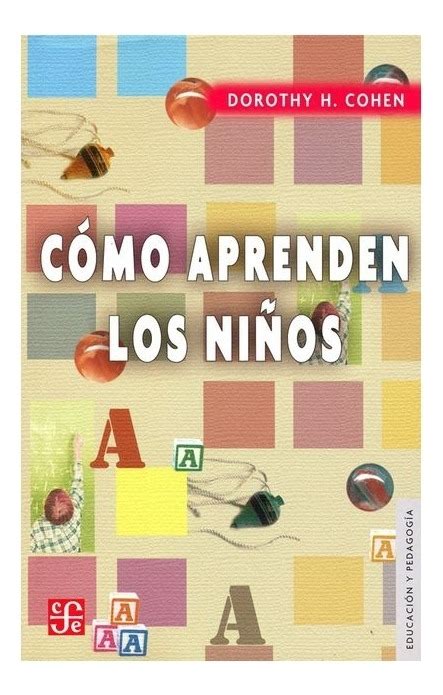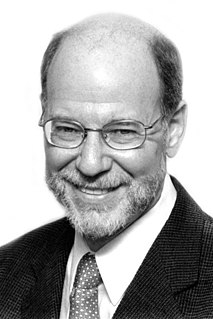A Quote by Marian Wright Edelman
The legacies that parents and church and teachers left to my generation of Black children were priceless but not material: a living faith reflected in daily service, the discipline of hard work and stick-to-itiveness, and a capacity to struggle in the face of adversity.
Related Quotes
To the extent that the parents who send their children to these [Catholic] schools are parents like my own, who actually have faith in the church. Faith that it will provide their children with safety, a decent education and values about life and others. This is an institution that stands for all good in the world.
Nevertheless, no school can work well for children if parents and teachers do not act in partnership on behalf of the children's best interests. Parents have every right to understand what is happening to their children at school, and teachers have the responsibility to share that information without prejudicial judgment.... Such communication, which can only be in a child's interest, is not possible without mutual trust between parent and teacher.
When you’re young, your world is pretty limited. My parents, my family, my church dominated my world. And because Birmingham was so segregated, I didn’t really have to encounter the slings and arrows of racism on a daily basis. Obviously, from time to time I did, like when my parents took me to see Santa Claus and he wasn’t letting black children sit on his knee. But my parents tried to insulate me as much as they could.
The politics of grievance is pervasive. It's spreading. And when you have an economy that has been ripped to shreds like this, and when you have more and more people thinking that there's no economic opportunity - that the game is so rigged that the standard recipes of hard work and education, stick-to-itiveness and so forth don't pay off.
In mission, also on a continental level, it is very important to reaffirm the family, which remains the essential cell of society and the Church; young people, who are the face of the Church's future; women, who play a fundamental role in passing on the faith and who are a daily source of strength in a society that carries this faith forward and renews it.
For children mastery entails struggle. This means they must be permitted to struggle. If parents inappropriately step in to "help"-out of impatience or solicitude-they sabotage important learning. Among other things, the child is unlikely to discover the advantages of perseverance and self-discipline.
To be free people we must assume total responsibility for ourselves, but in doing so must possess the capacity to reject responsibility that is not truly ours. To be organized and efficient, to live wisely, we must daily delay gratification and keep an eye on the future; yet to live joyously we must also possess the capacity, when it is not destructive, to live in the present and act spontaneously. In other words, discipline itself must be disciplined. The type of discipline required to discipline discipline is what I call balancing.






































